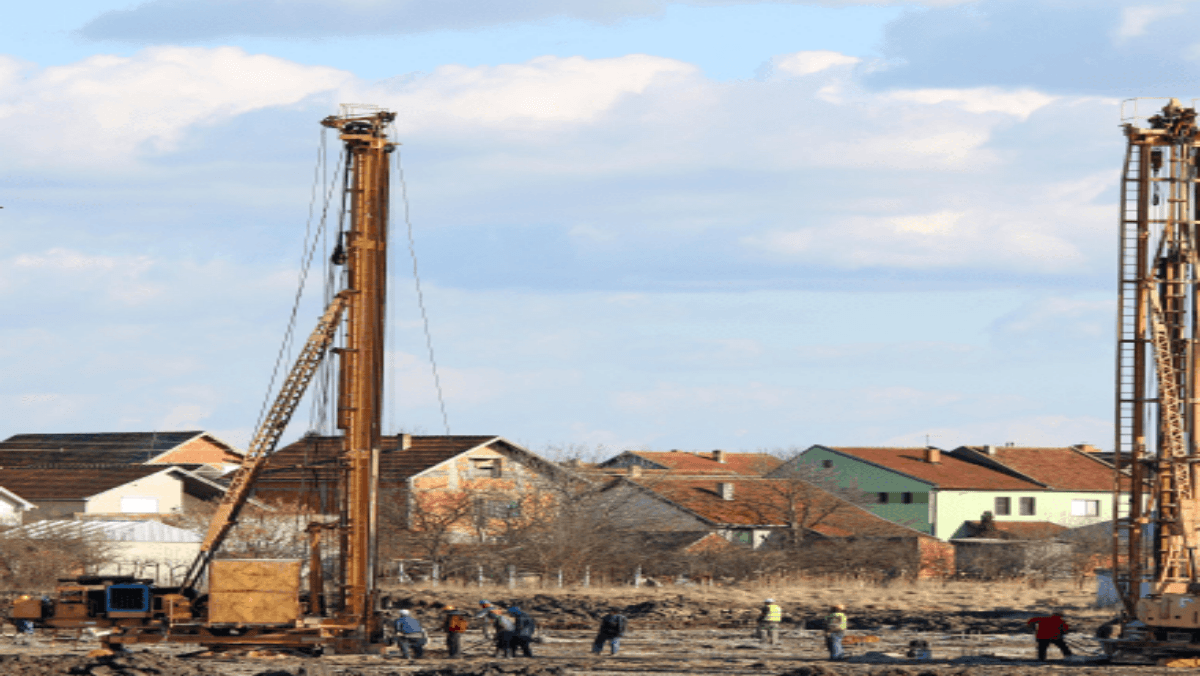Structural steel fabrication is a process that involves bending, cutting, shaping and assembling structural steel components to create complicated and accurate industrial and residential structures. Structural steel fabrication has a very high strength-to-weight ratio. Because of this versatility and flexibility, engineers use structural steel fabrication extensively in various industrial, residential and commercial projects.
Read more







